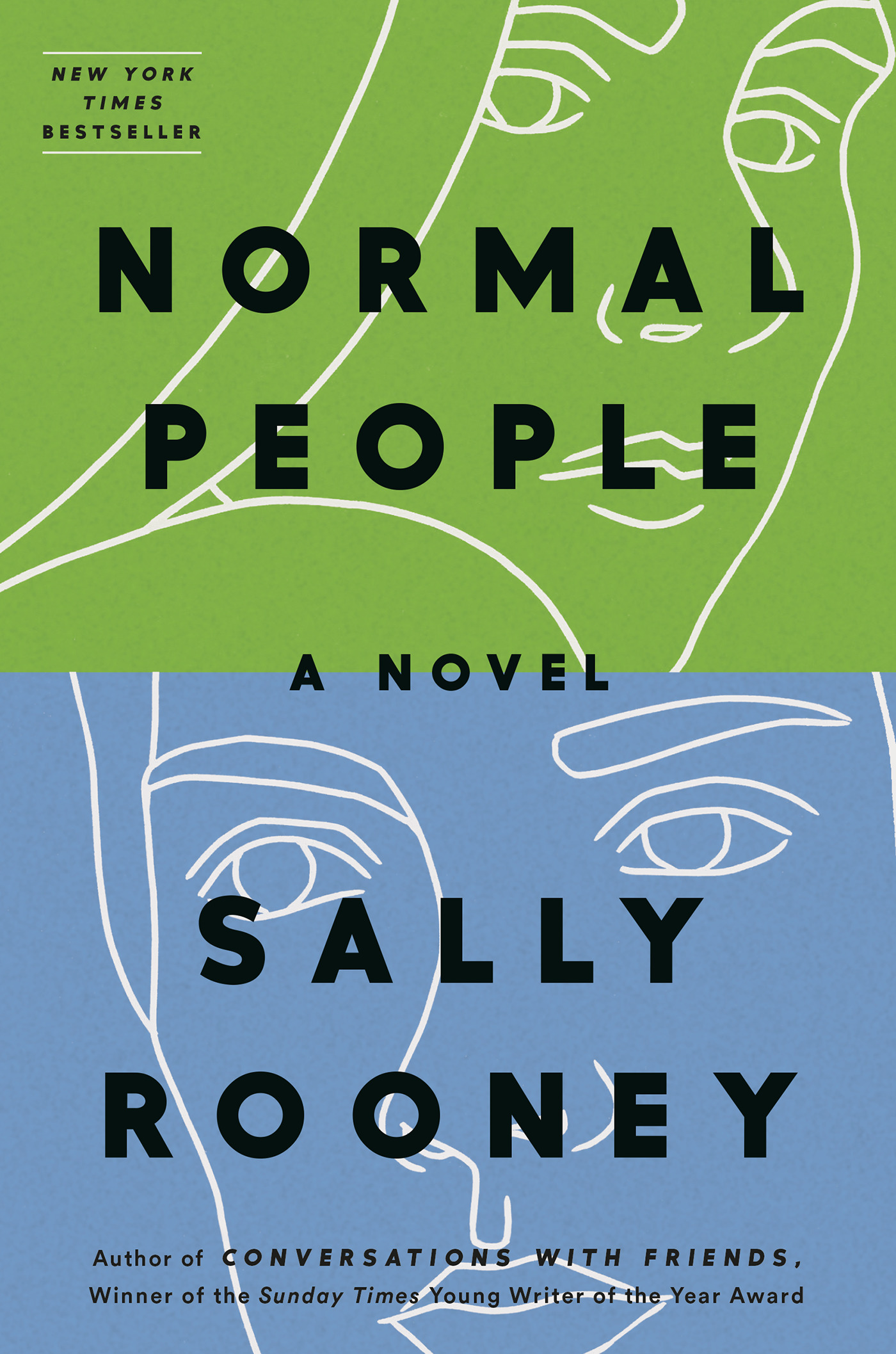What do you think?
Rate this book


273 pages, Hardcover
First published August 28, 2018
No one can be independent of other people completely, so why not give up the attempt, she thought, go running in the other direction, depend on people for everything, allow them to depend on you, why not.
Not for the first time Marianne thinks cruelty does not only hurt the victim, but the perpetrator also, and maybe more deeply and more permanently. You learn nothing very profound about yourself simply by being bullied; but by bullying someone else you learn something you can never forget.
Nothing had meant more to Rob than the approval of others; to be thought well of, to be a person of status. He would have betrayed any confidence, any kindness, for the promise of social acceptance.
"How strange to feel herself so completely under the control of another person, but also how ordinary. No one can be independent of other people completely, so why not give up the attempt, she thought, go running in the other direction, depend on people for everything, allow them to depend on you, why not."
He did gradually start to wonder why all their classroom discussions were so abstract and lacking in textual detail, and eventually he realised that most people were not actually doing the reading. They were coming into college every day to have heated debates about books they had not read.
It was culture as class performance, literature fetishised for its ability to take educated people on false emotional journeys, so that they might afterwards feel superior to the uneducated people whose emotional journeys they liked to read about.It becomes an act of superiority to state you’ve read a book or have a stern opinion on a political topic, which, actually having a working knowledge of these and caring about them does give Marianne an easy “in” with this culture and luckily Rooney spares the reader an impression of C & M as authentic and the rest as Salinger “phoneys”. It’s implied, but handled well.
He and Marianne never talked about money. They had never talked, for example, about the fact that her mother paid his mother money to scrub their floors and hang their laundry, or about the fact that this money circulated indirectly to Connell, who spent it, as often as not, on Marianne.
Denise decided a long time ago that it is acceptable for men to use aggression towards Marianne as a way of expressing themselves. As a child, Marianne resisted, but now she simply detaches, as if it isn't of any interest to her, which in a way it isn't. Denise considers this a symptom of her daughter's frigid and unlovable personality. She believes Marianne lacks 'warmth', by which she means the ability to beg for love from people who hate her.
